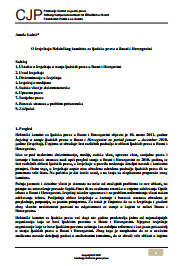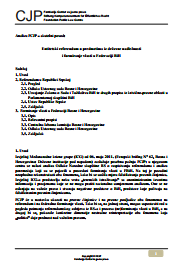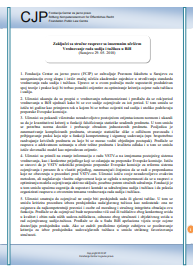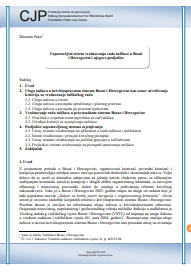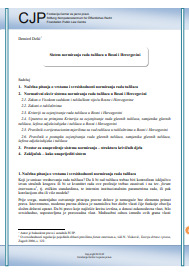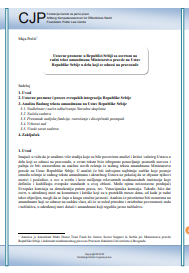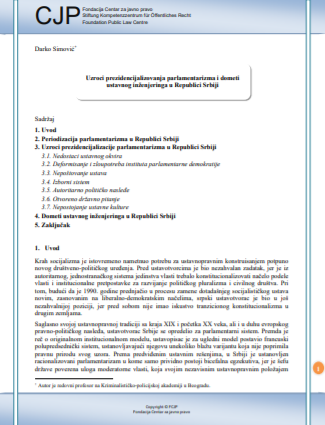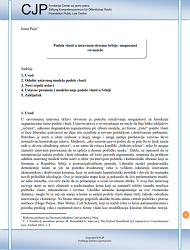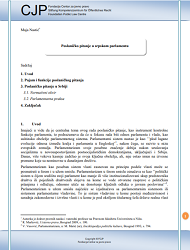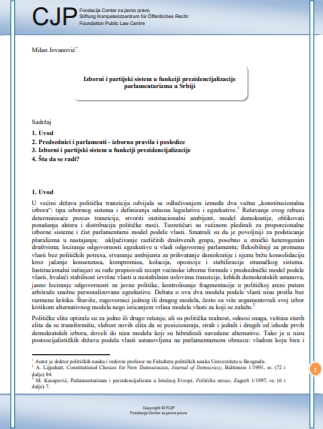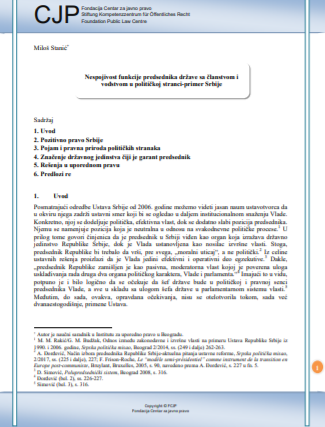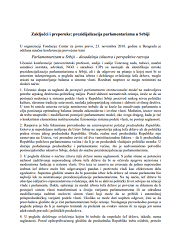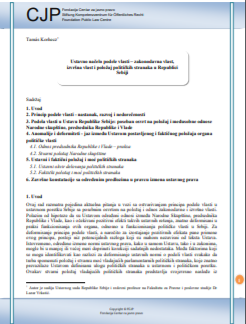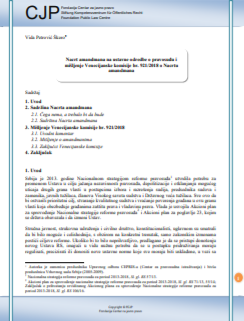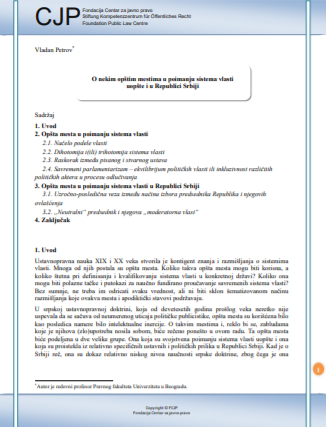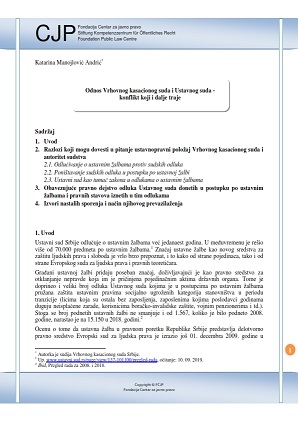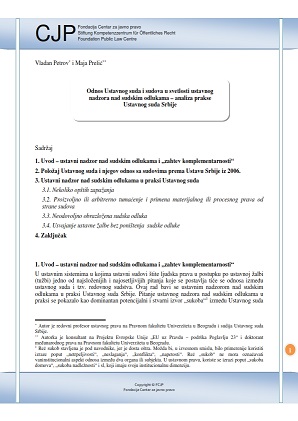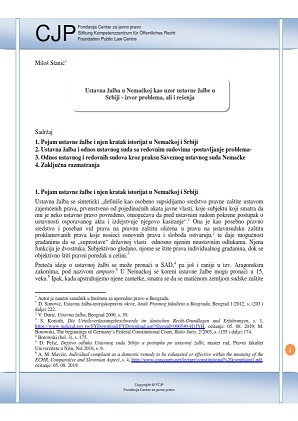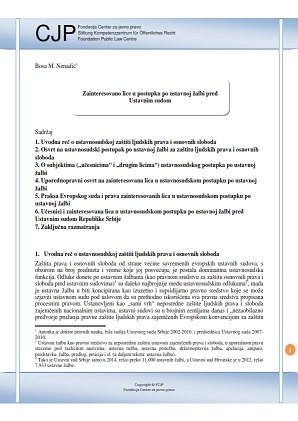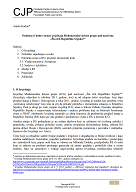
The disadvantages and good sides of the report of the International Crisis Group entitled "What does the Republika Srpska want?"
Nedostaci i dobre strane izvještaja Međunarodne krizne grupe pod nazivom: „Šta želi Republika Srpska?“
Keywords: BiH; Public law; judiciary; entities; RS; international crisis group; report; evaluation; politics; media; corruption;
Izvještaj Međunarodne krizne grupe određene oblasti obradio je jako dobro i skrenuo pažnju na niz značajnih problema koji su jasno uočljivi u ovom entitetu, poput snažne centralizacije ili problema sa aktuelnom vlašću u odnosu prema opoziciji. Ipak, Izvještaj sadrži niz manjkavosti. One se očituju u metodološkoj slabosti koja proizlazi iz anonimnih izvora i nejasnih referenci „sa terena“ koje ne pružaju osnov za vjeru u njihovu vjerodostojnost i autentičnost. Kontradiktornost u Izvještaju koja se očituje u činjeničnim utvrđenjima do kojih je ICG došao vršeći svoje istraživanje i Preporukama koje su u potpunosti suprotne tim utvrđenjima također su značajan nedostatak Izvještaja. Propusti sa preporukama za koje nije jasno zašto su upućene vladi RS ili predsjedniku RS, ili ilustruju naznačenu kontradiktornost veliki su nedostatak Izvještaja. Manjkavost Izvještaja je i u njegovoj jednostranosti koja je evidentna iz propusta da budu obrađene značajne oblasti poput pravosuđa, medija, statusa državne imovine, policije,...Posebno je zabrinjavajuće da je ICG podatke o problemima u ovim oblastima u toku istraživanja dobivao iz različitih izvora, od kojih su neki, kako je naznačeno, praktičari iz tih područja koji su prenosili svoja iskustva, a da na to uopće nije skrenuo pažnju javnosti. Također, falsificiranje stvarnosti koje se očituje u činjeničnim navodima koji se odnose na pitanje početka rata u BiH, trenutnih emocija građana RS prema BiH kao državi, navodima o nacionalizmu koji pogoduju secesionističkim motivima RS, predstavljaju vrlo značajan propust Izvještaja. Zaključno, Izvještaju generalno nedostaje koherentnost obrađenih cjelina koja onemogućava čitatelja da lako uprati sve probleme koje su analitičari sa terena uočili. Bilo bi dobro da su svi problemi iz određene oblasti naznačeni na jednom mjestu i da čitatelji ne moraju trošiti dodatno vrijeme da povezuju navode iz jedne oblasti sa drugom kako bi saznali barem dio informacija o nekom problemu koji je uočen. Tako npr. problem s medijima ili policijom postaje jasan tek kada se izvrši analiza svih navoda iz Izvještaja što može zbuniti ili dovesti do nejasnoća.
More...
